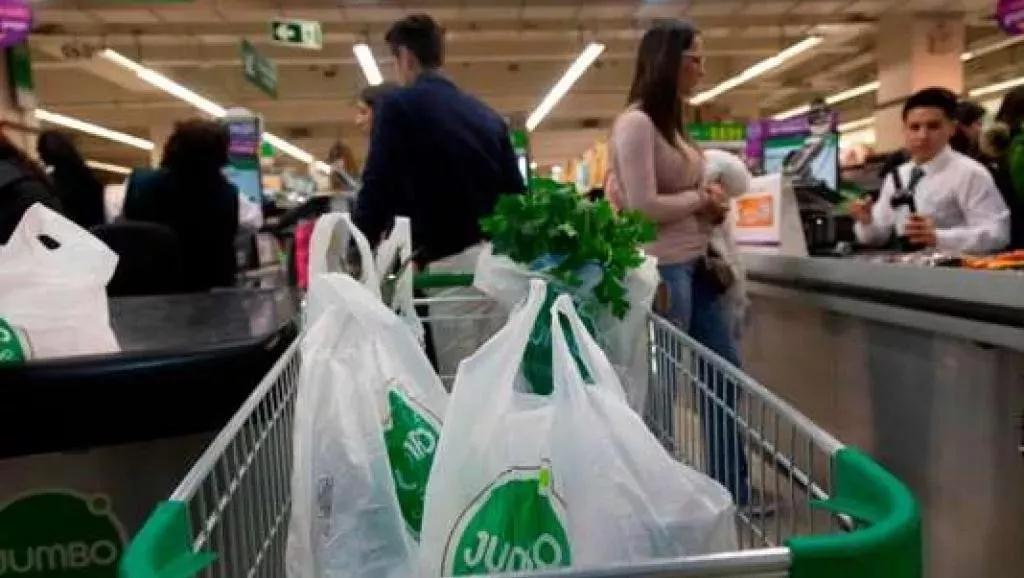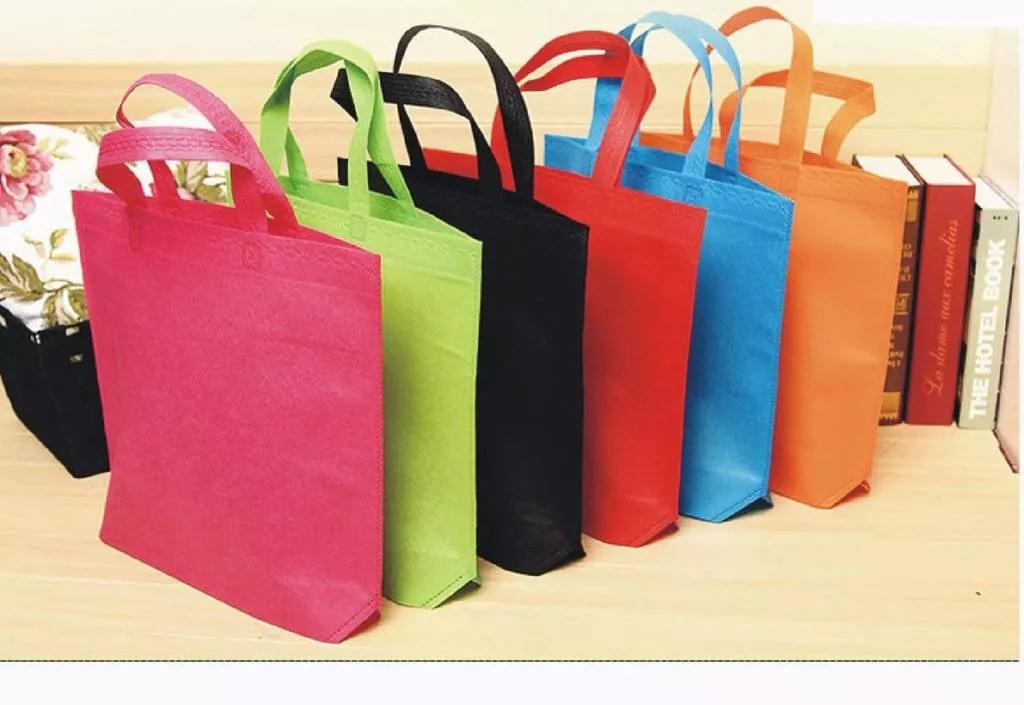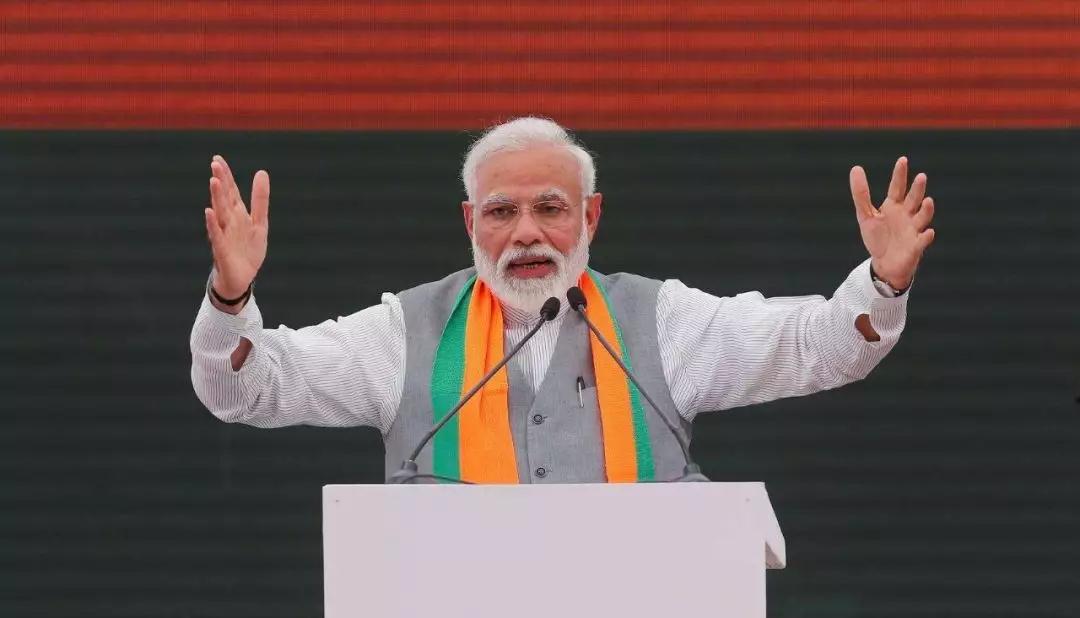Thailand 75 brands stop supplying plastic bags
Beiqing.com Comprehensive Report Bangkok: About 75 brands and 24,500 distribution channels under the Thai Retailers Association will stop providing plastic bags from January 1 to reduce the 9 billion plastic bags used in Thailand, or 20%.
According to data from the pollution control department, Thailand uses 45 billion plastic bags each year, of which 18 billion are 40%, and are used by local markets and street vendors, 13.5 billion, 30%, and are used by retail stores. % Used by department stores and supermarkets.

Every Bangkoker uses an average of 8 plastic bags per day, which is 80 million plastic bags per day.
Worawut Oonjai, the chairman of the association, said last year the association's 75 brands joined forces to reduce plastic waste and signed an agreement to stop providing plastic bags on the fourth day of each month.
From December 4 last year to August 31 this year, retail stores and department stores are promoting non-plastic products and offering points rewards. The result of this effort was a reduction of 2 billion plastic bags—a 4.6% reduction.
After discussions with department stores, convenience stores and retail stores in November, the association decided to launch a campaign called "Say No to Plastic Bags Every Day", under which all members will stop providing plastic bags.
Worwut believes the campaign will produce more effective results than the government's roadmap.
UK's consumption of plastic packaging continues to increase
A joint report issued by the British Environmental Survey Association (EIA) and environmental group Greenpeace states that despite public commitment to reduce plastic packaging, plastic packaging consumed by UK supermarkets has increased to more than 900,000 tonnes per year.
This new report on plastics shows that seven of the top ten supermarkets have increased the use of plastic packaging, also known as the "plastic footprint."
Only Waitrose Supermarket, Tesco Supermarket and Sainsbury ’s Supermarket successfully achieved small reductions.
Another worrying phenomenon is the sharp rise in sales of so-called “bagsforlife” (reusable shopping bags). Although they contain more plastic than traditional disposable plastic bags, there are still hundreds of Ten thousand people choose to buy one time.

In 2019, 10 supermarkets, which accounted for 94.4% of the grocery retail market, reported that sales of environmentally friendly bags reached a staggering 1.5 billion, based on market share calculations, an increase of about 25% over last year.
In Iceland, sales of eco-bags have increased tenfold, from 3.5 million to 34 million.
In terms of actual value, the 1.5 billion eco-bags sold in the UK last year were about 54 per household, which is equivalent to 22 per man, woman and child.
Juliet Phillips, director of the Environmental Investigation Agency's Marine Program, said: "Our survey shows that grocery retailers need to tighten their targets to drive a real reduction in disposable packaging and items. We need to fundamentally address our disposable culture, Institutional change, not material change-replacing one disposable material with another is not the solution.
The comprehensive ban on plastics has only worsened India's economy, which can only temporarily slow down!
In order to improve environmental issues, Indian Prime Minister Modi announced on August 15 that India will no longer use disposable plastic products from October 2. But in early October, Indian officials changed their minds and said that the Indian government will not immediately ban related plastic products, but will instead restrict plastics.

According to Reuters, the reason why the Indian government has shelved a comprehensive ban on disposable plastic products is mainly because of the current slowdown in Indian economic growth and a sharp rise in unemployment.
Previously, the Indian government ’s proposed comprehensive ban on plastics triggered a rebound in fast-moving consumer goods manufacturers, because the relevant policies had too much impact on many industries, such as soda, biscuits, tomato sauce, and even shampoo.
The National Industry Council of India said that as there are no other alternatives, the impact of the Indian government ’s comprehensive plastic ban on the economy has even affected the survival of many industries.
At this time, it may not be the time to implement a comprehensive ban. India's economic growth rate in 2019 is expected to fall to a six-year low, and the unemployment rate will rise to its highest point in 45 years.
Former Indian Environment Minister Jairam Ramesh said that he is personally opposed to a comprehensive ban on plastics because the impact on the economy is so great that the plastics industry has affected thousands of people. Disposal and reuse of plastics, rather than complete bans.
http://www.get-recycling.com/solutions_show.asp?id=11>
http://www.get-recycling.com/solutions_show.asp?id=8>

